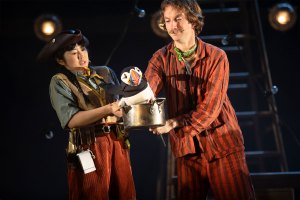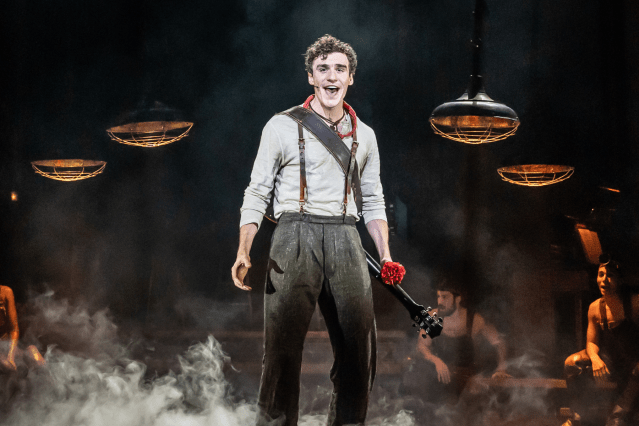Darwin in Malibu
One hundred and forty-five years after publication of The Origin of the Species, you’d think the heat would have cooled in the evolution versus creation debate. So accepted is Charles Darwin’s theory about natural selection, now the bedrock of modern biology, that anyone who takes the Bible too literally concerning those first seven days or the logistics of Noah’s ark is labelled a crackpot.
While the rest of us may find comfort in such complacency, a quick Google search turns up no shortage of such ‘crackpots’ still out there. And let’s not forget that, since 1925 when John Scopes was convicted for teaching evolution in a Tennessee school, the matter still hasn’t been entirely settled in the US education system. In 1999, the Kansas State Board of Education ruled to make the teaching of evolution an optional element of the high school curriculum, suggesting that it was just one of several unproven theories about the development of life on earth.
Still, dubious American rulings or not, a new play intent on not only rehashing the debate, but doing so at the hands of its original combatants, runs the risk of coming across as old hat. Playwright Crispin Whittell’s solution is to place his three 19th-century men of letters – Darwin himself, his head ‘bulldog’ Thomas Huxley and their clerical adversary Samuel Wilberforce, the Bishop of Oxford – in a 21st-century setting, sipping milkshakes and smoking joints at a beach hut in Malibu, California.
It makes for a decidedly odd version of Purgatory, but the juxtaposition works in many ways. Aside from some amusing musings on bonkbusters and other modern trappings, the construct allows the ‘walking dead’ characters to reflect on their own long-gone lives and losses as well as the enduring impact of their legacies.
Rather than a straightforward clash between Darwinism versus creationism, what we’re left to consider is our very need for both science and religion. We’re asked to ask: Is doubt or faith the sin? What is the difference between fact and truth? And, last but not least, the two “overwhelming” questions that both the big books (Origin and The Bible) seek to answer: “what happened at the beginning?” And, “what happens at the end?” It’s potent stuff. As a bonus, it’s intriguing to learn more about the real historical figures who first planted many of the seeds in this ongoing debate, and to question their own motivations.
And, though dramatically there’s not much going on in Darwin in Malibu, in Robert Delamere’s attractive and well-paced production, the discussions are never less than absorbing and, often, deliciously funny. Quick-fire exchanges between Douglas Henshall’s doggedly logical Huxley and Nigel Planer’s sock-and-sandaled Bishop, intent on finally finding his way into heaven, create powerful comic blasts, while ironically, Oliver Ford Davies’ Darwin finds himself straying calmly into the gap between them. Completing the foursome, Cressida Whyte’s fictional California girl Sarah has less to do and giving her the closing words – which verge on poor pop ballad lyrics – seems a mistake.
– Terri Paddock












